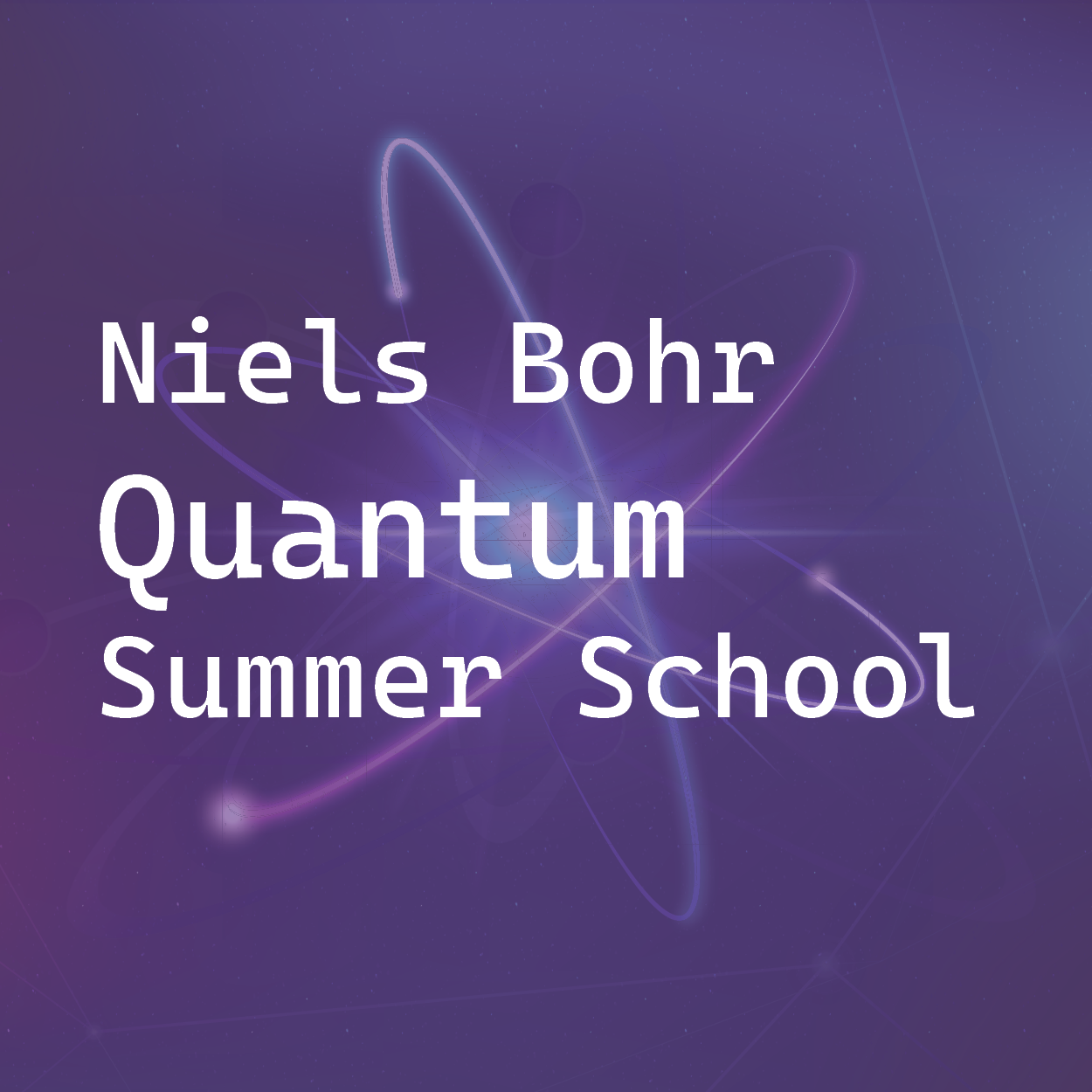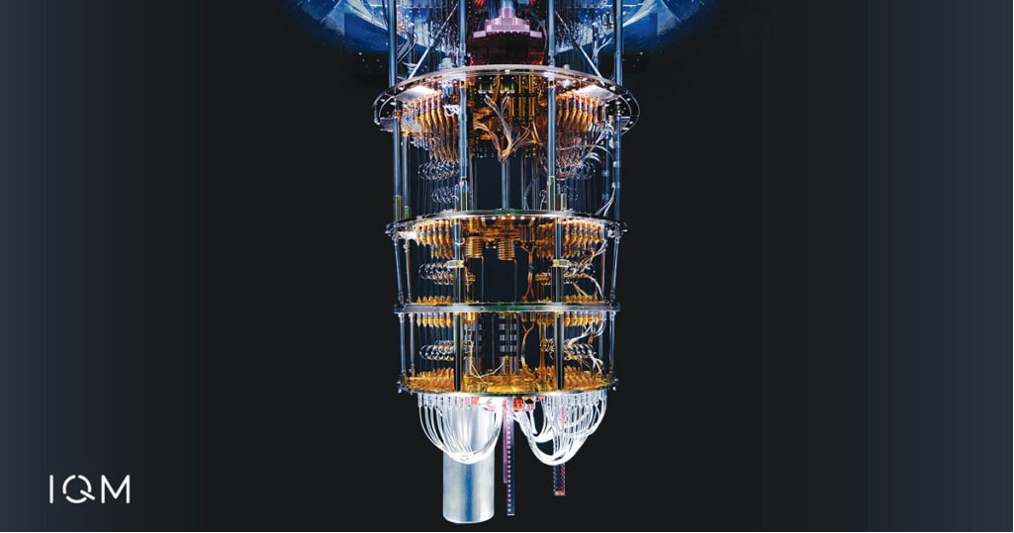
For the second time, DeiC is allocating computing time on quantum computers. The call is a key component in establishing a robust quantum infrastructure ecosystem to benefit research and innovation. Danish companies and public institutions can participate as co-applicants. DeiC’s Q-Access programme will grant access to quantum computing hardware, while access to simulators of quantum computing hardware on HPC platforms can be applied for through DeiC’s HPC programmes.
DeiC handles procurement and distribution
The Q-Access scientific working group, led by Dean at University of Southern Denmark (SDU), Marianne Holmer, continuously surveys the market to assess available quantum computing facilities, their performance, and user demand. Through DeiC Q-Access, DeiC manages the procurement and distribution of access to quantum computing hardware. The result of this work includes access to cloud-based quantum computing facilities, which require a quick and relatively simple application, as well as access to highly specialised quantum computing setups that necessitate specific use cases to qualify for allocation.
Access to specialised, high-level quantum computing hardware
Applicants to the call can express their preferences for specific, specialised quantum computing facilities suited to their project needs, and DeiC Q-Access will source and allocate access based on these requests. Thus, user needs determine DeiC’s procurement decisions. This could be from providers such as IBM, Atom Computing, IonQ, Pasqal, Quantinuum, Rigetti, Amazon Braket, and Microsoft Azure based on the Q-Access working group's preliminary assessments.
Access to cloud-based quantum computing solutions through the European OCRE framework
A quicker and simpler option for accessing quantum computing resources is through cloud-based services, which DeiC provides access to under the European OCRE framework. Currently, access to Microsoft Azure is available. As the needs and demands grow, DeiC will enable access to other cloud-based services. Applying is easy; simply use the following link to the short online form on DeiC’s website:
Assistance for applicants
To ensure users maximise the potential of quantum computing, DeiC offers free consulting from the two quantum technology and research specialists, Muyang Liu and Greyson Potter, who provide expert counselling and technical assistance. They will help applicants choose the most suitable type of quantum computer for their needs and ensure a smooth application experience. Through close collaboration with experts, researchers at Danish universities and other stakeholders will be able to implement quantum computing to address complex problems beyond the capabilities of classical computers.
As part of implementing the Danish National Strategy on Quantum Technology, DeiC has been allocated DKK 50 million from the research reserve in 2023 and DKK 40 million in 2024. These funds are intended to support the strategy’s third focus area, “Improved Access to Digital Research Infrastructure,” with three main initiatives: competence development (Q-Competence), algorithm and software development (Q-Algorithm), and access to testing on quantum computers (Q-Access).
Funding call applications can be submitted here until October 31
Further information
Head of Quantum Infrastructure, DeiC, Henrik Navntoft Sønderskov, email: henrik.sonderskov@deic.dk, tel.: +45 31 96 49 31
Dean Marianne Holmer, University of Southern Denmark (SDU), email: holmer@sdu.dk, tel.: +45 65 50 26 05
Quantum Computing Infrastructure, DeiC, Developer Greyson Katzel Potter, email: greyson.potter@deic.dk
Quantum Computing Infrastructure Developer, DeiC, Muyang Liu, email: muyang.liu@deic.dk


